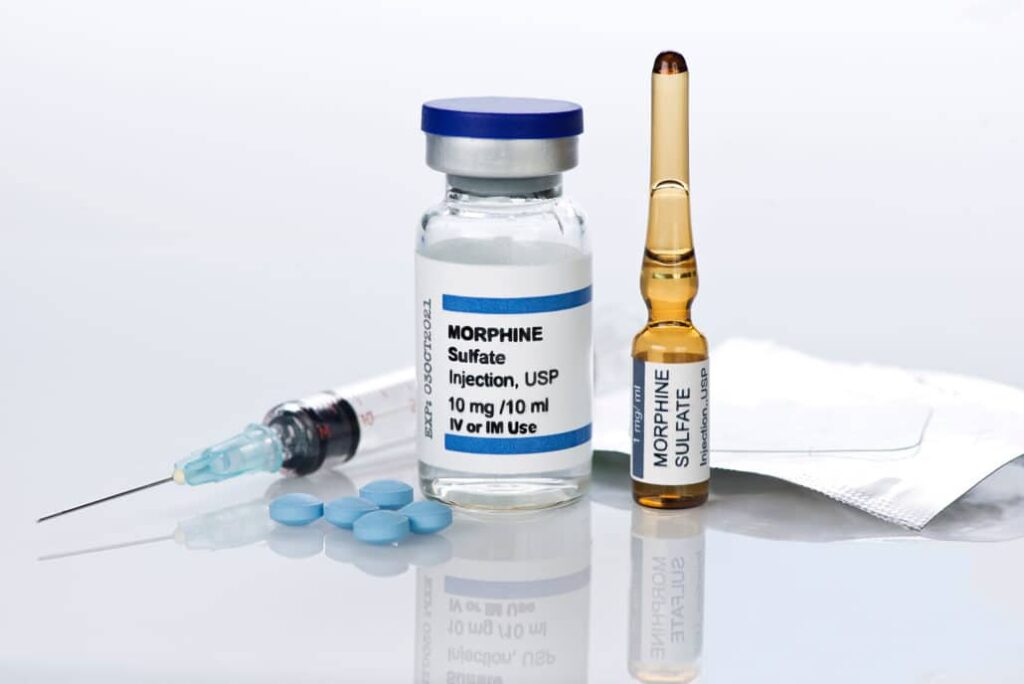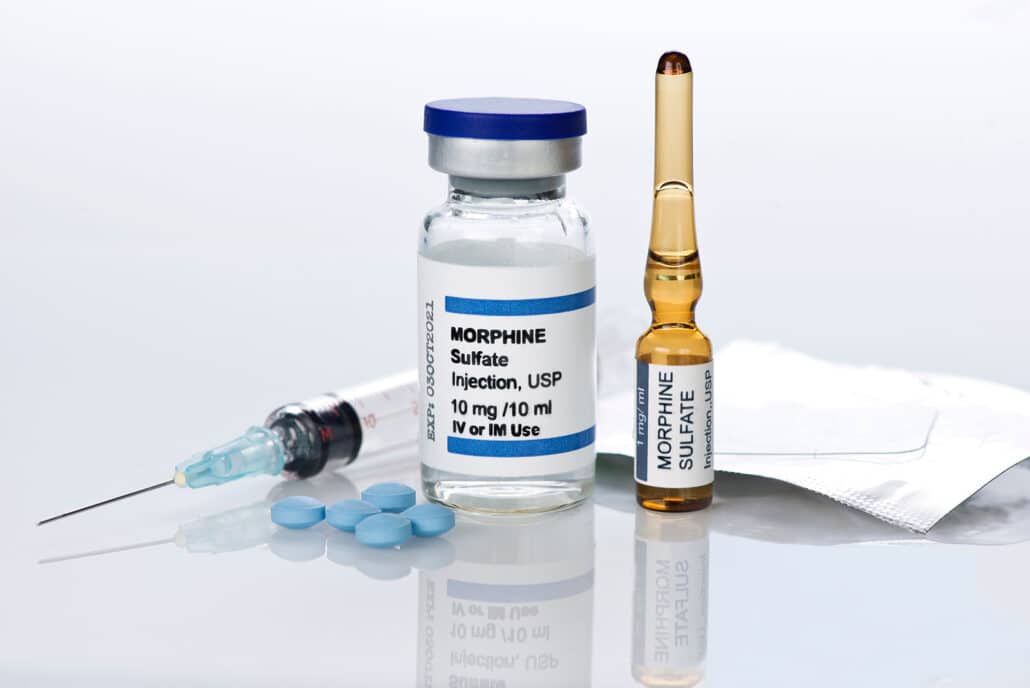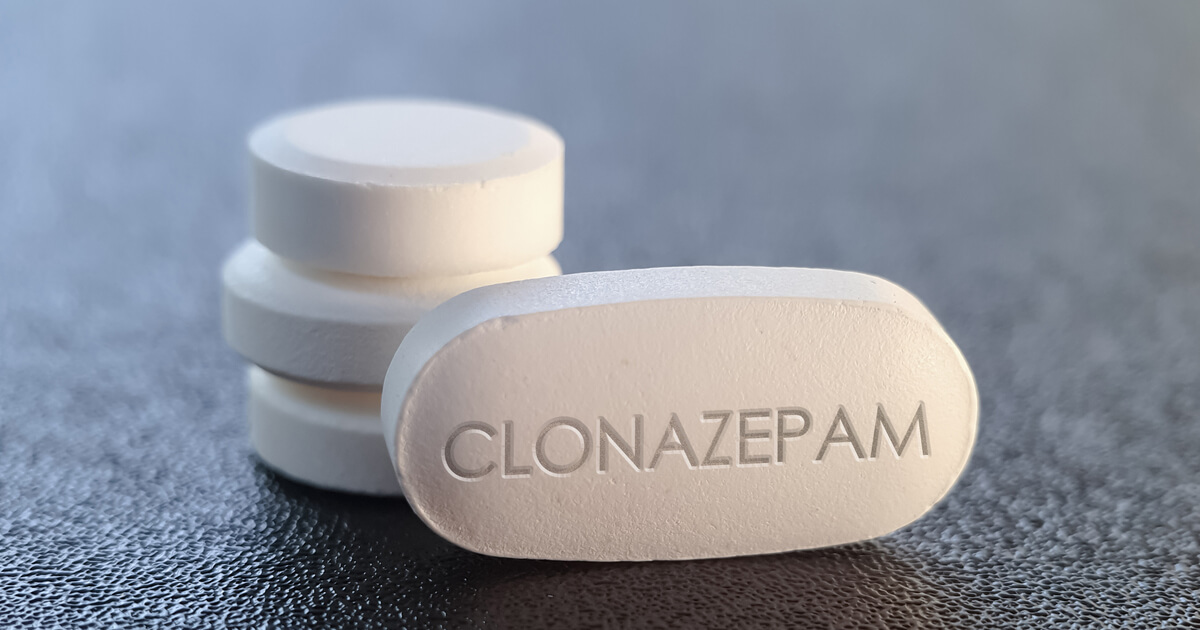
Morphine addiction is a silent crisis that affects many lives in Tennessee. This issue is not just about the drug itself; it is about the families torn apart and the communities left struggling. Addressing morphine addiction is essential to create a healthier and safer environment for everyone.
Morphine is a powerful painkiller that can lead to addiction when misused. Many people start using it after surgery or an injury, thinking it will help them recover. Unfortunately, what begins as a solution can quickly turn into a problem. For instance, a person recovering from a car accident may find themselves needing more morphine over time, leading to a dangerous cycle of dependency. This situation showcases how easily people can fall into addiction, highlighting the need for better education on the risks involved.
The impact of morphine addiction does not stop with the individual. Families often suffer as well. Parents may lose their jobs, and children may face neglect. For example, a mother addicted to morphine may struggle to care for her children, leading to emotional and physical harm. Support systems in Tennessee, such as counseling and rehabilitation programs, play a crucial role in helping families heal. By investing in these services, communities can create a stronger support network that encourages recovery rather than judgment.
Furthermore, the economic toll of morphine addiction on Tennessee is significant. When individuals are unable to work due to their addiction, they may rely on public assistance. This strains local governments and can lead to cuts in essential services. An effective approach to combat this issue includes increasing access to treatment programs. Providing affordable and accessible care can help individuals break free from addiction and return to productive lives, benefiting both the economy and the community.
What is Morphine and Where Did it Come From
Morphine is a powerful painkiller that has saved countless lives and eased suffering for many. This remarkable drug, derived from the opium poppy, has an interesting history and plays a crucial role in medicine today. Understanding what morphine is and where it comes from highlights its importance in treating pain.
Morphine is a natural substance that comes from the opium poppy, a flower that has been used for thousands of years. The ancient Sumerians, around 3000 BC, were the first to record its use, calling it the “joy plant.” Over time, people realized how effective morphine is in managing pain. For example, soldiers in the American Civil War were given morphine to help with severe injuries. This shows how significant morphine has become in medicine.
The process of making morphine begins with harvesting opium from poppy plants. Farmers cut the seed pods, allowing the milky sap to ooze out. After a few days, the sap hardens into a substance called opium. Scientists then extract morphine from this opium through a series of chemical processes. This method has been refined over the years, making it easier to produce morphine for hospitals and clinics, ensuring that patients receive the care they need.
Despite its benefits, morphine also comes with risks. It is known to be highly addictive, which can lead to misuse and dependency. Many people may start taking morphine to manage pain but can find it difficult to stop. This issue has led to a growing concern about the opioid crisis in certain countries. However, when used correctly and under medical supervision, morphine can be a safe and effective treatment for pain relief.
How does Morphine Affect the Brain
Morphine is a powerful word that evokes strong feelings and thoughts. This drug can change how the brain works, making it both a useful medicine and a potential danger. Understanding how morphine affects the brain is important for both health and safety, as it can lead to pain relief but also to addiction and other serious problems.
When morphine enters the body, it quickly finds its way to the brain. It attaches to special receptors that help control pain. This action blocks pain signals, making a person feel much better. For many people with severe pain, such as those recovering from surgery or dealing with chronic conditions, morphine can be a lifesaver. Studies have shown that morphine can significantly reduce pain levels, allowing patients to heal and return to their daily lives. For instance, hospitals often use morphine to help patients manage pain after serious injuries or surgeries, showing its importance in medical care.
However, the effects of morphine are not all positive. The same receptors that help with pain are also linked to feelings of pleasure. When morphine attaches to these receptors, it can create a sense of euphoria, leading some people to misuse the drug. This misuse can result in addiction, where a person feels they cannot live without the drug. Many stories exist of individuals who started using morphine for legitimate reasons but then found themselves trapped in a cycle of dependence. This shows the darker side of morphine and highlights the need for careful use and monitoring.
Furthermore, long-term use of morphine can change how the brain functions. Over time, the brain may start to rely on the drug to feel pleasure and to function normally. This can lead to withdrawal symptoms when the drug is not available, which can be very uncomfortable and even dangerous. For example, people who try to quit morphine after long-term use often face intense cravings and physical symptoms, making it hard for them to stop. This reality emphasizes the importance of using morphine under strict medical supervision.
Morphine is a powerful tool in pain management, but it comes with risks that cannot be ignored. While it can offer relief for those in need, the potential for addiction and changes to brain function must be taken seriously. Understanding how morphine affects the brain helps highlight the necessity for responsible use. It is crucial for individuals, families, and healthcare providers to work together to ensure that this potent drug is used safely.
What is Detoxing from Morphine Like
Detoxing from morphine can feel like climbing a steep mountain—difficult, exhausting, but ultimately rewarding. This process, while challenging, is essential for those looking to reclaim their lives from addiction. Understanding the experience of detoxing from morphine helps shed light on its importance and the hope it can bring to many individuals.
The first step in detoxing from morphine is recognizing the physical symptoms that arise. Many people experience intense withdrawal symptoms such as nausea, sweating, and muscle pain. These symptoms can be overwhelming and make the process seem impossible. For example, a person might feel like they have a flu that never ends, making it hard to get out of bed. However, these symptoms are a sign that the body is healing and adjusting to life without morphine. With time and support, these physical challenges can be overcome, paving the way for a healthier future.
Mental health plays a significant role during detox. Many individuals face anxiety, depression, or irritability as they go through withdrawal. This emotional struggle can feel isolating, but it is crucial to remember that support is available. Seeking help from friends, family, or professionals can provide the encouragement needed during this tough time. For instance, group therapy sessions allow individuals to share their experiences and learn from one another, creating a sense of community. By addressing mental health needs, the journey of detoxing becomes more manageable.
It is essential to have a plan in place to support recovery after detox. Engaging in healthy activities, such as exercise, hobbies, or volunteering, can help fill the void left by morphine. For example, someone who enjoyed painting before addiction might find joy in rediscovering this passion. Building a new routine keeps the mind engaged and reduces the chances of relapse. Establishing a stable support system is equally important, as friends and family can provide motivation and accountability.
Detoxing from morphine is a challenging yet transformative journey that can lead to a healthier life. By understanding the physical and mental aspects of withdrawal, individuals can prepare themselves for the road ahead. Embracing support and creating a new routine can help reinforce recovery. Taking the first step towards detox can lead to a brighter and more fulfilling future. A life free from morphine is possible, and the journey begins with hope and determination.
In Conclusion
In conclusion, morphine addiction in Tennessee is a pressing issue that affects not only individuals but also families and communities. By raising awareness, supporting rehabilitation programs, and promoting education on the risks of morphine, a positive change can occur. It is crucial to act now to heal those in need and strengthen the fabric of society. Together, Tennessee can combat this addiction crisis and pave the way for a brighter future.
If you or someone you know is struggling with a chemical dependency issue reach out to Genesis Medical Detox or Magnolia Ranch Recovery today and get started on the path to long-term recovery.









